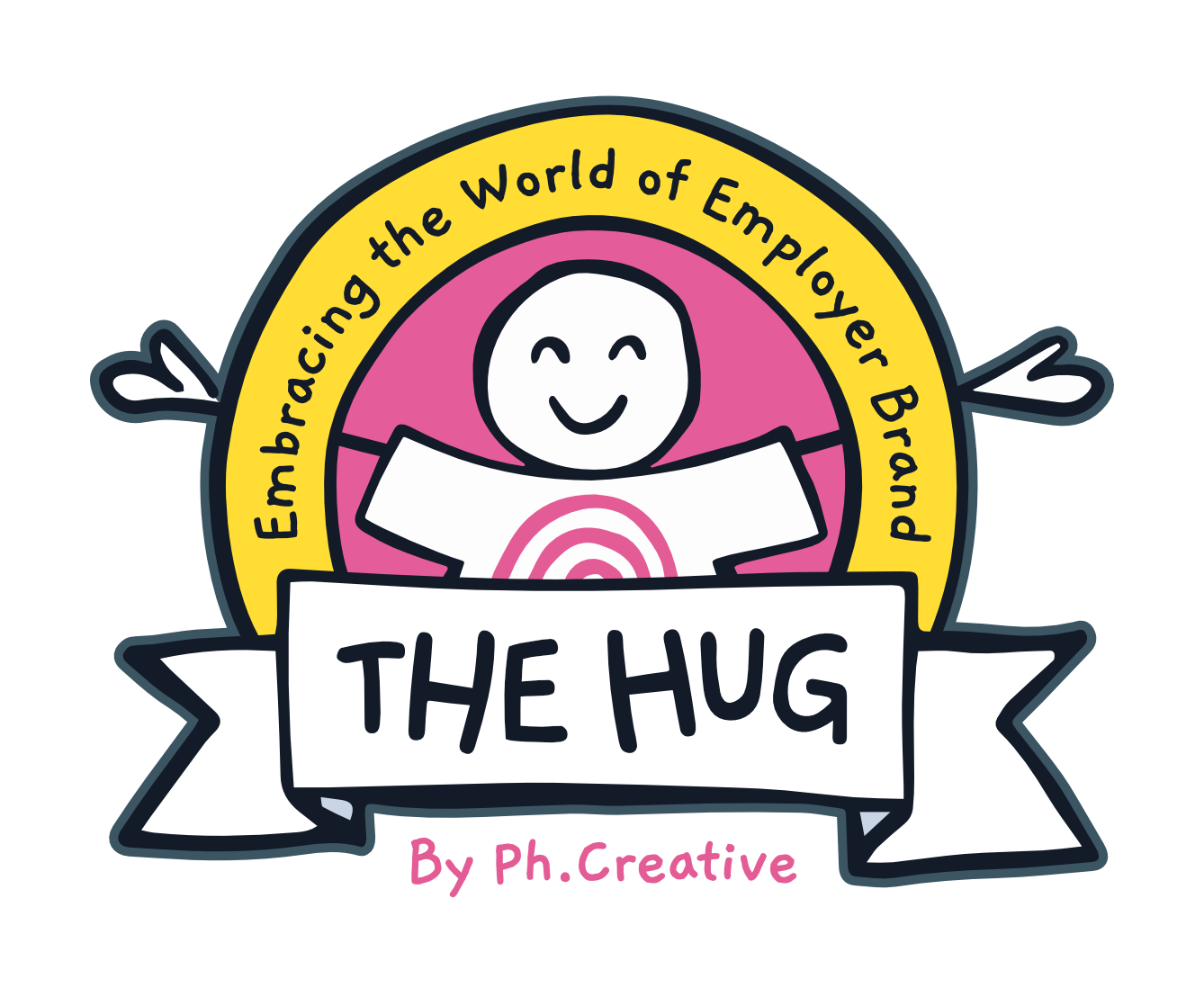SEO Myth-Busting: What Employer Branding Professionals Need to Know
4 min read.
Nowadays, search engine optimization (SEO) is key to any successful recruitment marketing and employer branding strategy.
But with the slew of information online, it’s easy for misconceptions about SEO to spread. As an employer branding professional, getting your facts straight is essential to attracting the right talent and enhancing your organization's online presence.
Let’s debunk some of the most common SEO myths that can hinder your recruitment marketing efforts.
Myth 1: Keywords Are the Only Thing That Matters
While keywords are a crucial part of SEO, they’re not the only thing search engines consider. In the early days of SEO, stuffing a webpage with keywords was like a cheat code to boost your rankings, but search engines like Google have wised up now, prioritizing user experience and content quality over keyword filler.
For employer branding, this means creating valuable, engaging content that resonates with your target audience. Instead of hyper-focusing on keywords placement, consider the overall reader experience. Are your job descriptions clear and informative? Does your career page provide a compelling narrative about your company culture? High-quality content that meets the needs of potential candidates will naturally use relevant keywords in a way that feels organic and useful.
Myth 2: SEO is a One-Time Task
Many believe that SEO is something you can set and forget. It’s not. SEO is an ongoing process that needs regular updates. Search engines continually update their algorithms, and competitors are always optimizing their content, which means staying on top of SEO trends is essential.
For employer branding, this means continuously updating your content to reflect the latest industry trends and company achievements. Regularly posting fresh content like employee testimonials, company news, and industry insights, can help keep your site relevant and appealing. And monitoring your website’s performance with analytics tools will help you understand what’s working and what isn’t.
Myth 3: Social Media Doesn’t Impact SEO
There’s a common misconception that social media activity doesn’t affect SEO. While social media doesn’t directly affect rankings, the indirect benefits of a strong social media presence can boost your SEO efforts.
For example, when your content is shared widely on social media, it increases your likelihood of getting backlinks from other websites. Plus, social media profiles often appear in search engine results, which means more opportunities for potential candidates to discover your brand and engaging content that encourages social sharing can drive traffic to your careers site.
Myth 4: Only Big Companies Can Benefit from SEO
It’s easy to assume that only large organizations with hefty resources can reap the benefits of SEO, when really they’re accessible to companies of all sizes. Smaller companies can leverage local SEO strategies to attract talent within specific locations, making it easier to compete with larger organizations.
For employer branding professionals at smaller firms, optimizing for local search terms and ensuring your Google My Business profile is up to date can help attract local candidates. Highlighting what makes your company unique, such as a close-knit team culture or unique local perks, can help you stand out from larger competitors and appeal to job seekers looking for a more personalized work environment.
Myth 5: SEO Guarantees Immediate Results
SEO is often misunderstood as a quick fix for driving traffic and attracting candidates when really it's a long-term strategy that requires patience and consistent effort. While some changes might lead to quick improvements, building a solid SEO foundation takes time.
Employer branding professionals should set realistic expectations and focus on sustainable growth. SEO for recruitment marketing is a proactive solution to your future hiring needs, as opposed to being a reactive fix to immediate job market and business hiring changes.
Regularly producing high-quality content, optimizing your site, and building a strong backlink profile will improve your search rankings and bring in more candidates over time.
Myth 6: Jobs Pages Do Not Live Long Enough to Rank and Have SEO Impact
Another big myth in recruitment marketing is that job pages, being temporary, don’t live long enough to rank well in search engines. While it's true that job postings often have a shorter lifespan than other content, they can still contribute to your overall SEO recruitment marketing strategy.
Optimizing job role pages with relevant keywords, clear job titles, and detailed descriptions improves their visibility while they are live. Factoring these pages into a broader content strategy that includes evergreen content, such as career advice and company culture blogs, can also strengthen your site's authority.
One last thing
SEO is a powerful tool for employer branding professionals, but you need to understand what works and what doesn’t, and how SEO can enhance your career site.
Remember, SEO is an ongoing process that requires a holistic approach to your organic digital touchpoints, integrating quality content, continuous optimization, and strategic link building. Stay informed, stay proactive, and watch your employer brand thrive online.
Download our Complete Guide to SEO for Careers Websites for more in-depth information on this topic.
Sign up to our blog

Every other Thursday we share:
✔ One feature full of our freshest insights
✔ An expert hack you'll love to use
✔ The links you need now
+ other helpful bits for thousands of EB and TA pros just like you
